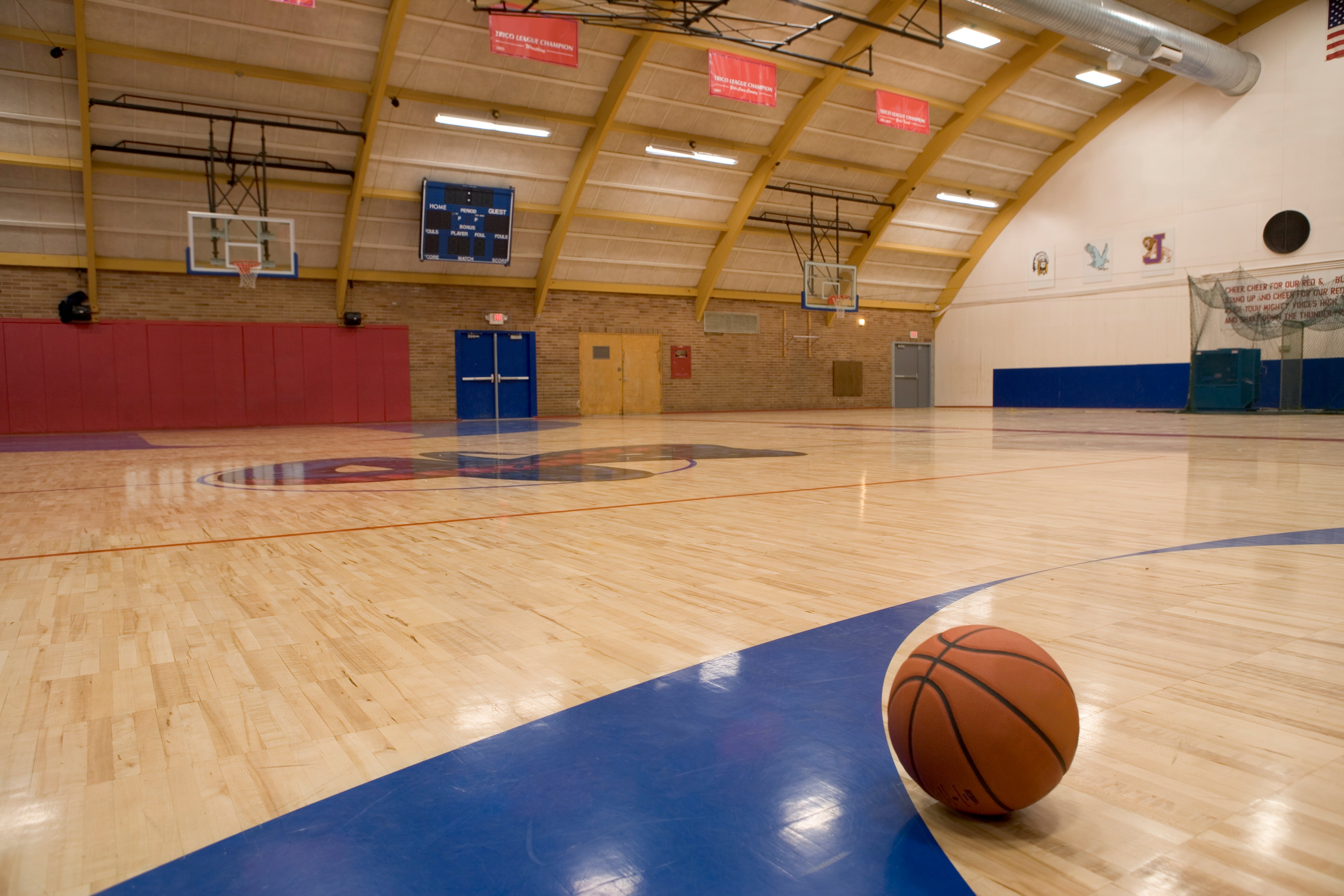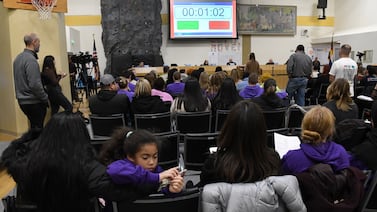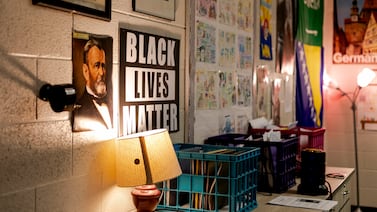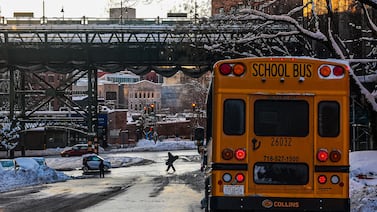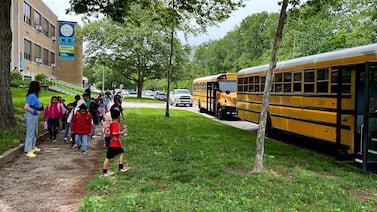Gov. Gretchen Whitmer announced today that she is lifting restrictions preventing winter school sports from launching their seasons.
Student athletes can begin practice Feb. 8, but will be required to wear masks. Masks will also be required at competitions. Whitmer noted during a press conference Thursday afternoon that if “masks are not compatible” with competitions, athletes can compete without them, but they would have to implement regular COVID-19 testing based on guidance the state will release Sunday.
“I know these past months have been tough on all of us, and I know they’ve been really hard on student athletes who’ve been missing a sense of connection and belonging, as well as many other attributes that playing sports provides,” Whitmer said.
In late January, Whitmer extended the ban on winter contact sports until Feb. 21, citing concerns about a more contagious variant of COVID-19 that was first detected in Michigan last month. There are now 28 cases of the variant in Michigan. Also in January, Whitmer called on schools to reopen for in-person learning by March 1. She reiterated that recommendation Thursday, and announced a new council that will provide guidance for helping students with academics and mental health.
Dr. Joneigh Khaldun, the state’s chief medical executive, said positive COVID-19 cases have declined for 24 days in Michigan and the rate of positive tests in the state is 4.9%, “the lowest it has been since mid-October.”
Those numbers are the reason the state is lifting the sports restrictions, Whitmer said.
Thursday’s announcement will be welcome news to many student athletes, coaches, parents, and advocates. They said students need to play for their social and emotional health, because sports may be the one thing that gets and keeps them engaged in school, and many need the physical outlet and structure of team sports.
The ban has affected basketball, hockey, competitive cheerleading, and wrestling. The parents of some student athletes filed a lawsuit against Whitmer earlier this week.
The U.S. Centers for Disease Control released guidance for youth sports in December. In it, the agency said sports that require close contact, like basketball and wrestling, “may make it more difficult to maintain physical distance.” The CDC urged coaches to modify play to “safely increase distance between players.”
Among the most vocal critics of the ban was Detroit Superintendent Nikolai Vitti, who penned a letter to Whitmer in which he said continuing to restrict winter sports was doing undue harm to students. After Whitmer’s press conference, Vitti thanked Whitmer for listening to students.
“Allowing winter sports to move forward will improve their mental health, overall well-being, and bring many back to school this school year,” Vitti said.
State Sen. Dale Zorn, a Republican from Ida, also applauded Whitmer’s announcement. The Senate last week passed a resolution he had proposed that urged the governor to lift the ban.
“This is an example of the change that can happen when the people speak up for what is right,” Zorn said in a statement. “I was proud to lead the Senate effort to fight for our student athletes and join the voices of thousands of Michigan parents, coaches, athletes and supporters.”

